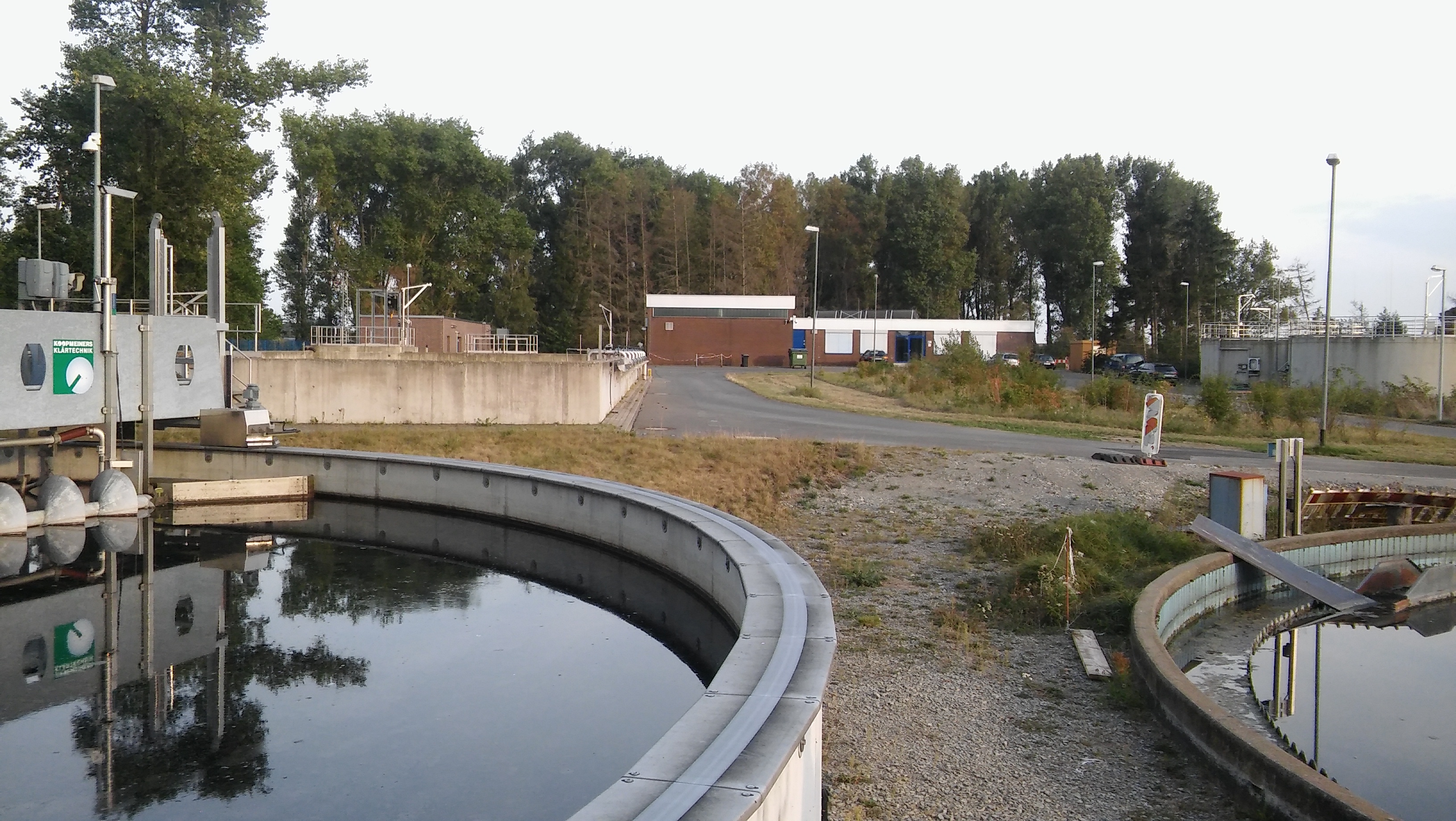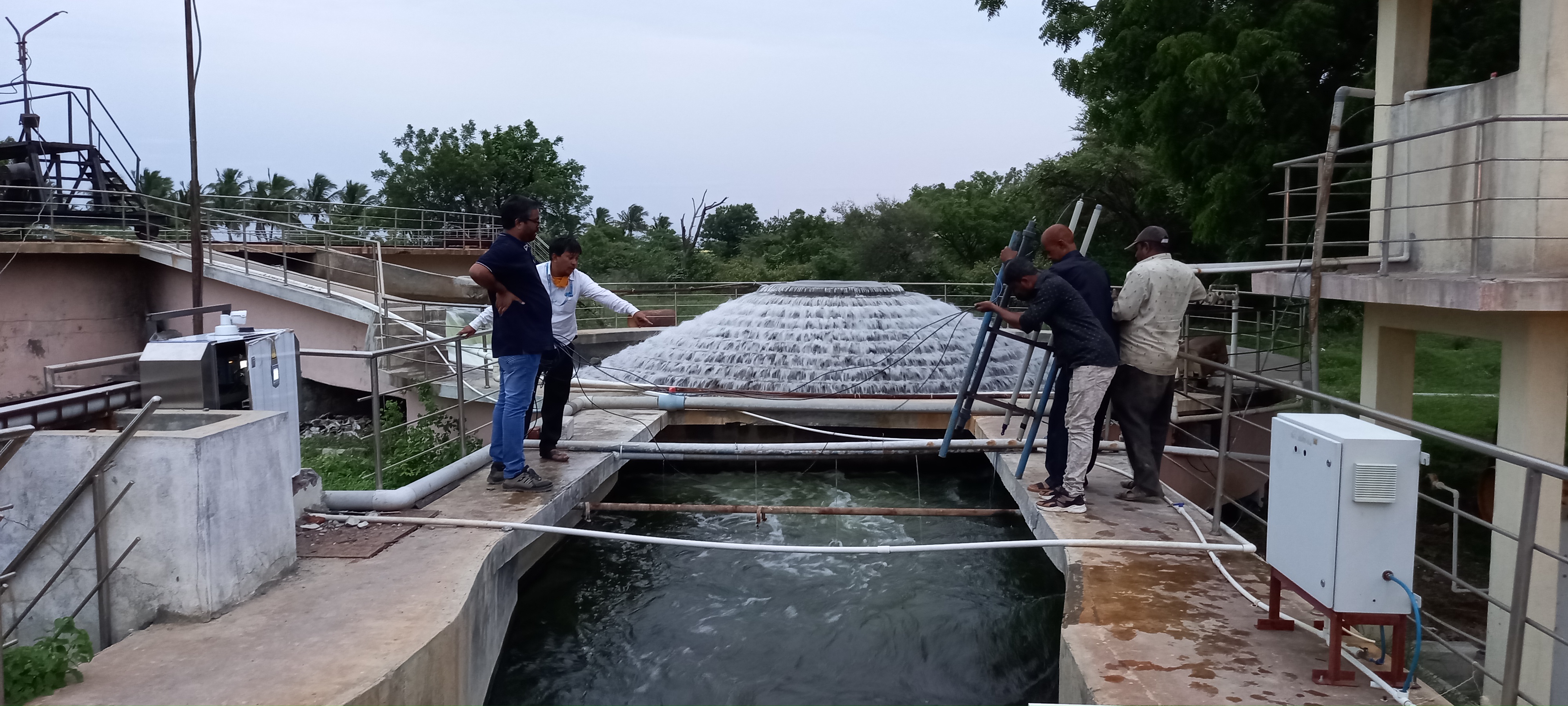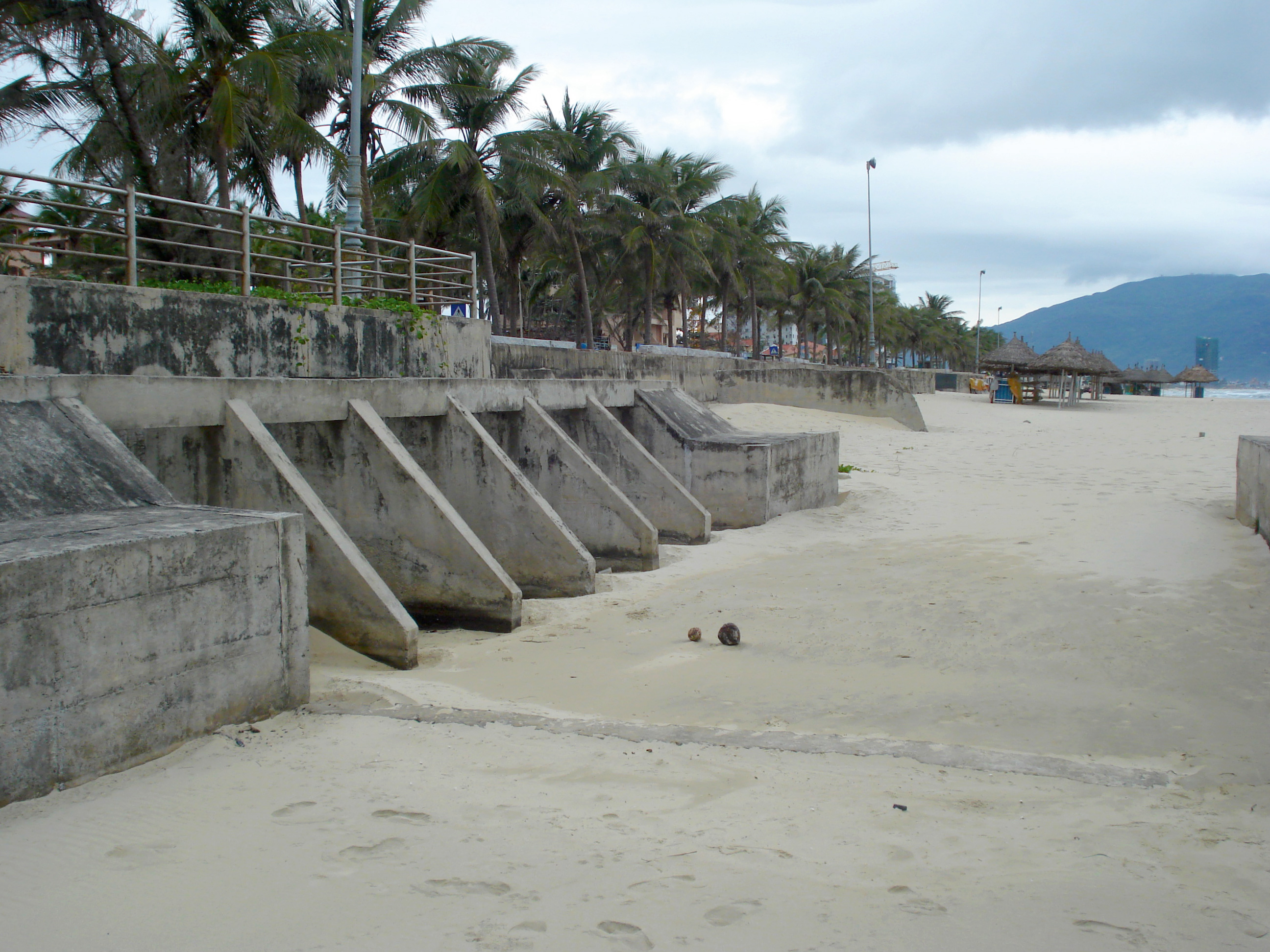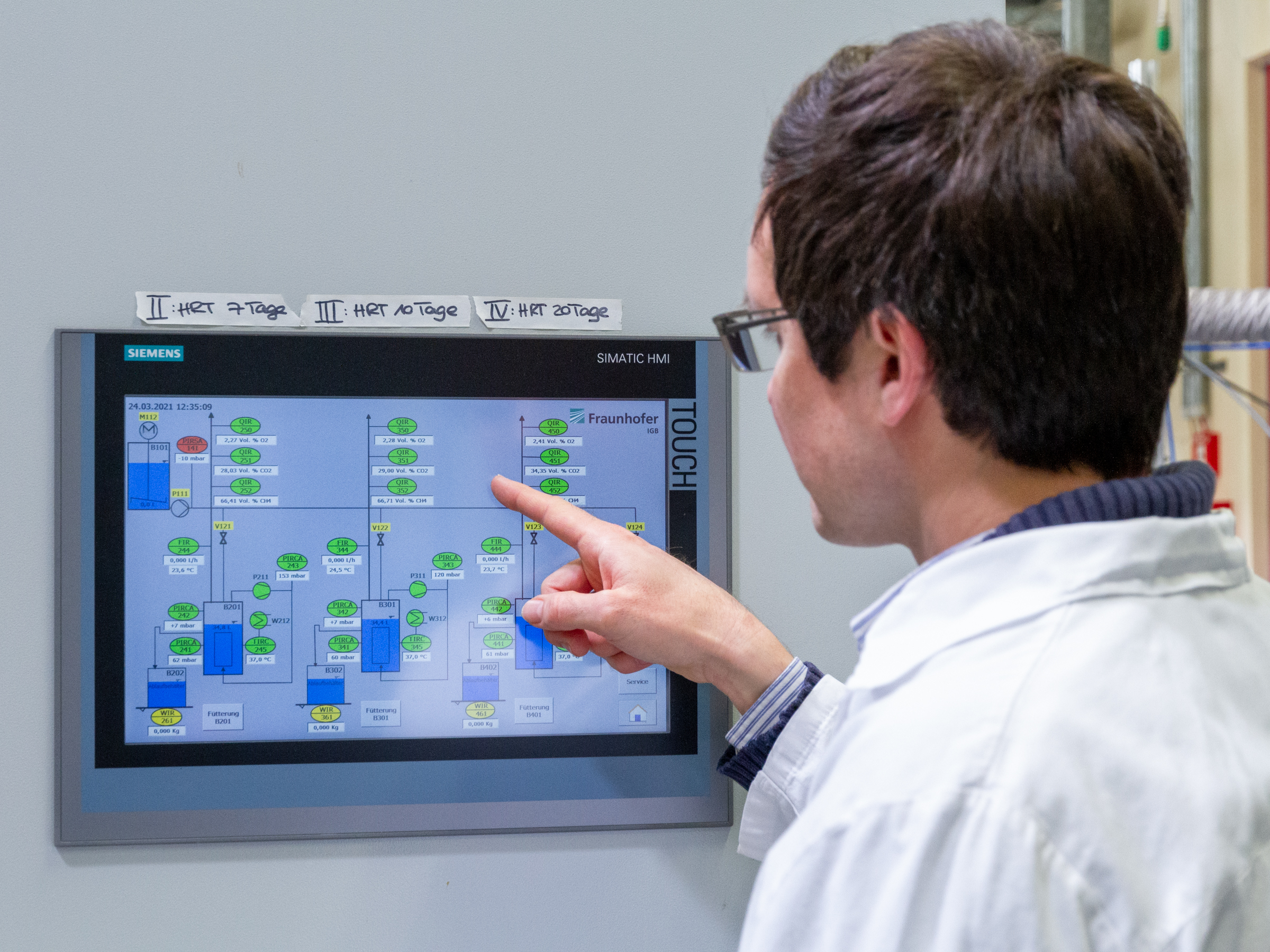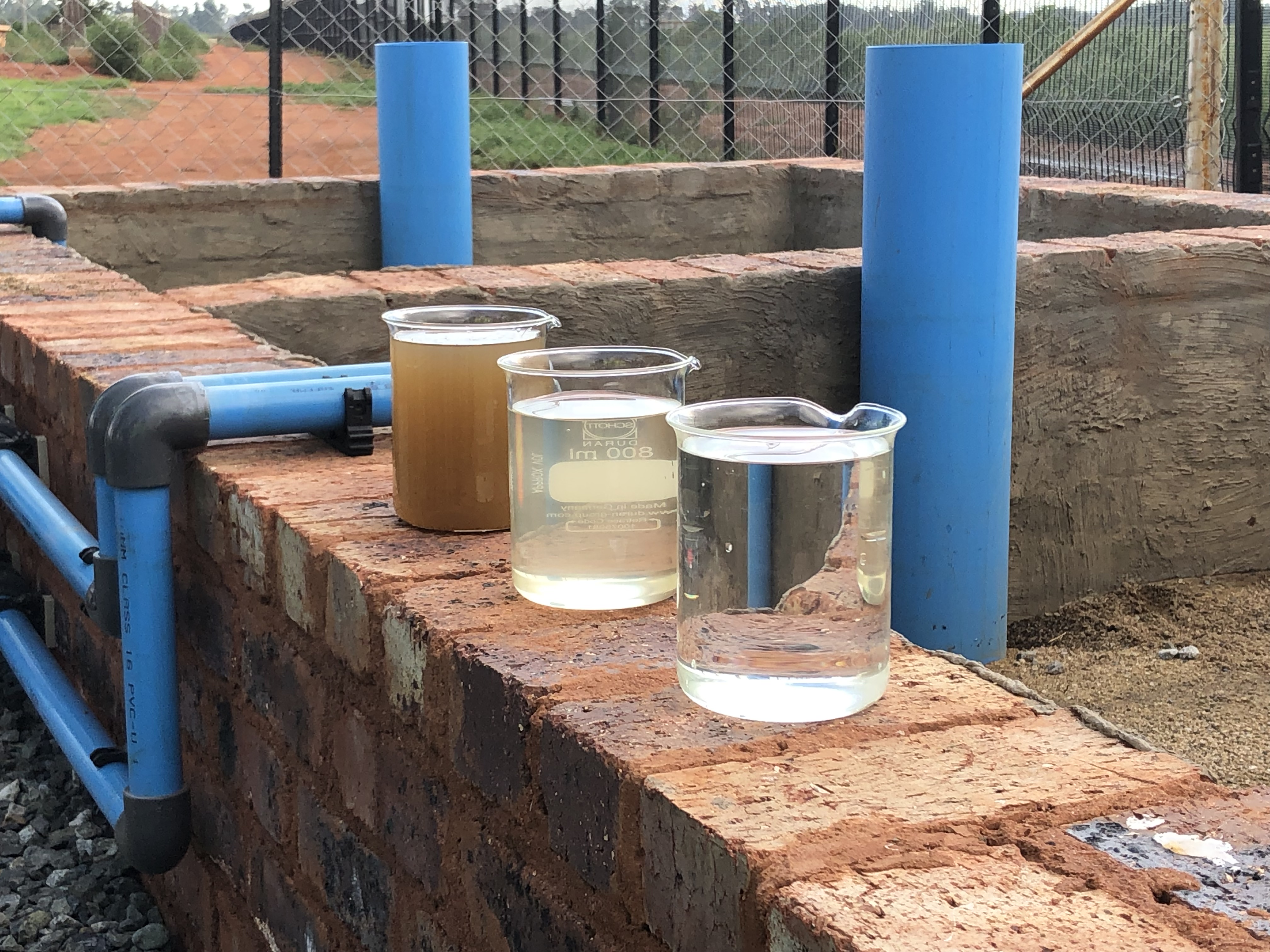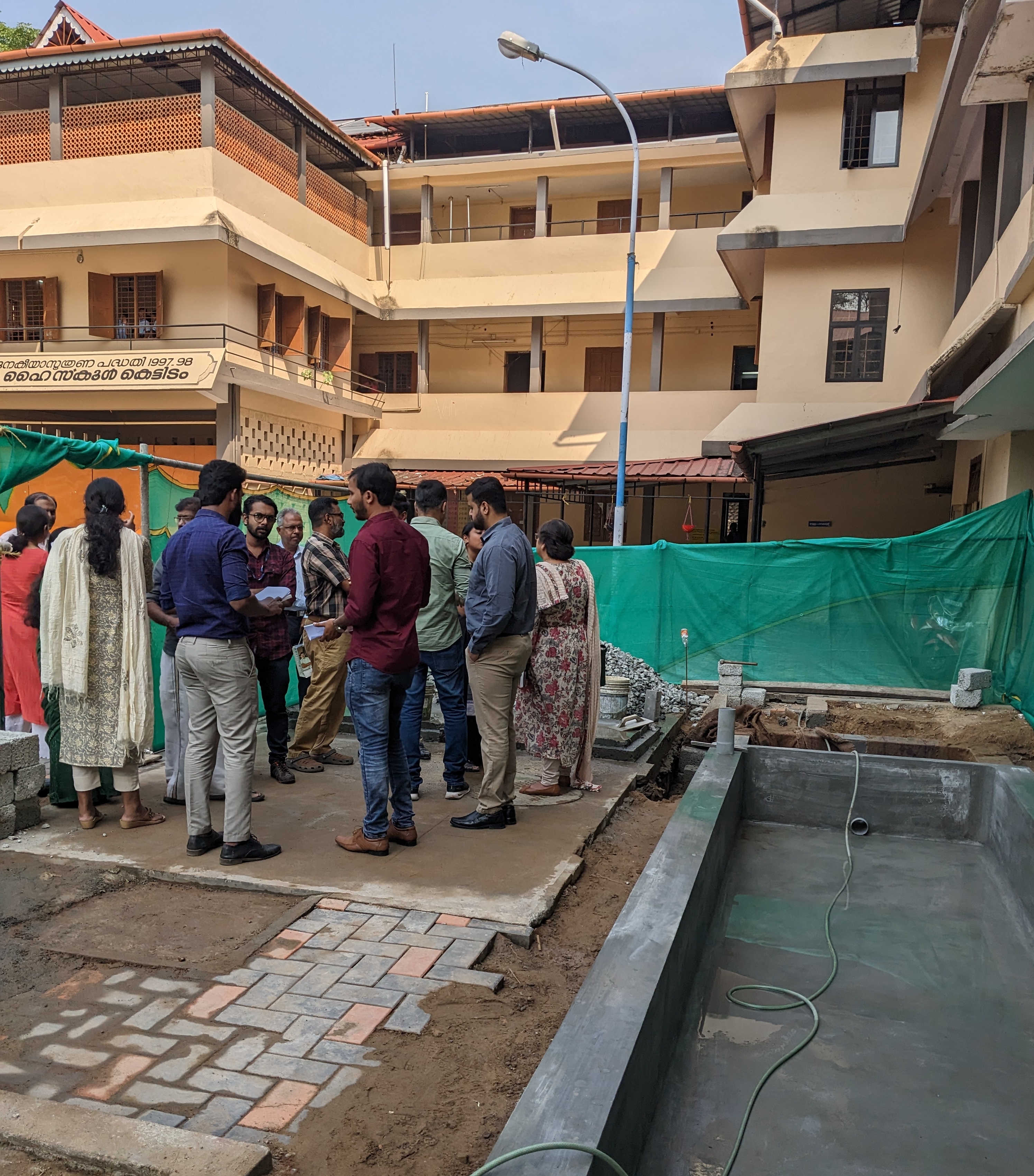Semicentralized water management
Fraunhofer IGB has developed technologies that enable cost-effective water management solutions and water infrastructure systems in urban as well as rural structures through decentralized or semicentralized treatment of of water and wastewater flows. The IGB approach is characterized by efficiency and cost-effectiveness and enables the economic generation and use of different water flows occurring in the settlement area.
Application areas
Systems solutions are available for future-oriented municipal water management in rural regions, for newly developed areas, urban districts in need of modernization and also for holiday resorts, tourist centers and hotel complexes. The system is especially effective for regions with no previous water infrastructure, lacking sewage networks and central sewage treatment plants. The concept is also ideal for areas where old types of infrastructure can no longer be adapted to cope with new challenges arising from climate changes or population increases/decreases.
Combined water-, waste-, and energy management providing self-sufficient infrastructure
In combination with sustainable waste management concepts, energy from regenerative sources and innovative building services engineering, the concept is a holistic solution for a self-sufficient water supply infrastructure which is completely independent of central water supplies and wastewater disposal networks.
Technological core: Anaerobic wastewater treatment
Anaerobic biotechnology, where organic carbon compounds are converted into biogas, i.e. a mixture of carbon dioxide and methane, is an attractive alternative to today's common aerobic wastewater purification treatment especially for decentralized or semi-decentralized water infrastructure systems. Biogas can be used as a regenerative energy carrier for running combined heat and power plants or, alternatively, can be fed into the existing natural gas network. Just like natural gas, biomethane can also be purified for use as fuel for automobiles.
Nitrogen and phosphorus compounds remain in the purified water and residual solids after anaerobic wastewater purification in enclosed bioreactors, which is not the case in the conventional, aerobic activated sludge process. Microorganisms are removed by microfiltration supplying water that is hygienic and safe to use for irrigating agricultural land, economizing on both clean water and fertilizers. Alternatively, the nutrients can be recovered from the purified water for fertilizing purposes. In this case, the water can then be discharged into the environment or reused.
Optimized water use and water reuse for resilient water infrastructures
The drought caused by climate change poses major challenges, especially for agriculture. In order to ensure that the world's population is supplied with sufficient food, solutions are therefore needed to use alternative water sources. In the BMBF-funded Hypowave project, we therefore investigated whether wastewater can be treated in such a way that it is suitable for hydroponic crop production – a water-saving form of cultivation without soil. In the follow-up project Hypowave+, the system will be implemented on a large scale for the first time. The aim of further, new resilient water management concepts is a water cycle economy in which wastewater is regarded as a resource and, for example, the nutrients it contains are used sensibly and efficiently.
Digitization – Sensor-based process control
Sensors, modeling and artificial intelligence help to monitor water qualities or optimize technical systems. The main focus of the IGB is on establishing efficient data and communication infrastructures to enable the communication of sensor-based system components as the basis of smart process control.
Climate resilience through blue-green infrastructure
Due to climate change, the frequency of heavy rain events with sometimes devastating floods has increased in recent decades, as have droughts. Blue-green infrastructures, i.e. ponds or green roofs, help to store rain from heavy rain events so that they do not flood the sewage system. Fraunhofer IGB is investigating the question of how blue-green technologies can be controlled in an equally robust and efficient manner.
We study your situation and circumstances for new projects, including on-site stakeholder dialogues, and develop the best possible solution with all parties involved.
 Fraunhofer Institute for Interfacial Engineering and Biotechnology IGB
Fraunhofer Institute for Interfacial Engineering and Biotechnology IGB